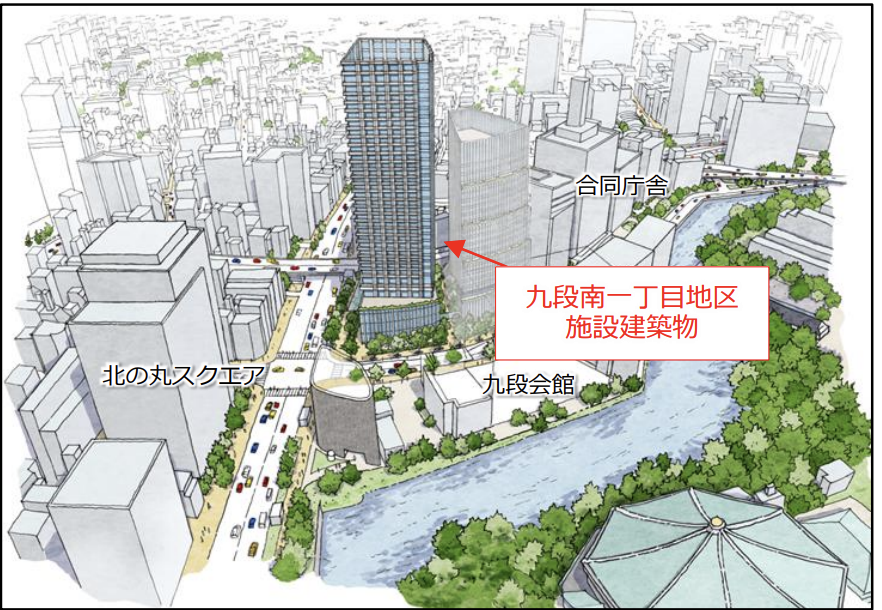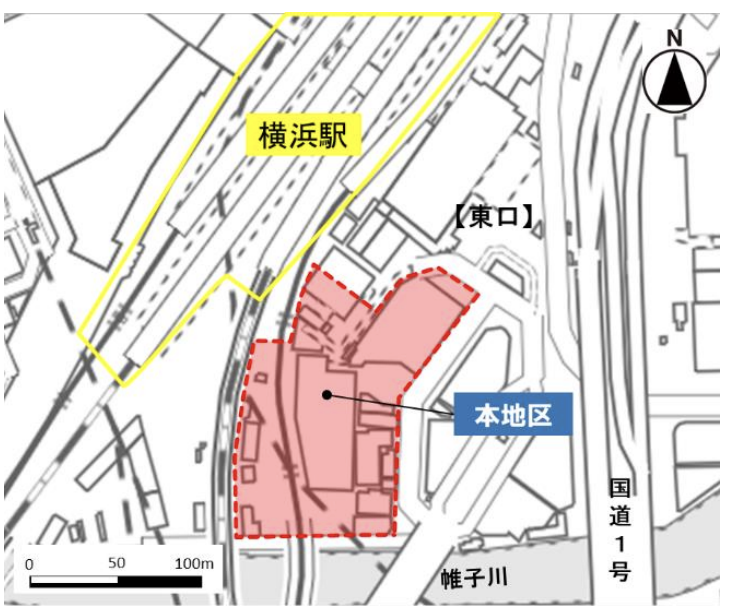Investment real estate (income-producing property) refers to land and buildings owned for the purpose of real estate investment. In other words, it includes all properties that are not intended for the owner's own residence, but for rental management and future capital gains. Typical investment targets include condominiums and condominium units, apartment buildings, detached houses for rent, office and commercial buildings, hotels, warehouses, and parking lots. Depending on the size and use of the property, there are various forms of investment, ranging from lump-sum investment (single building purchase) to condominium ownership (studio, etc.), which are selected according to the size of an individual's capital and investment policy.
Advantages
-
Stable income and capital gains: Investment real estate has two sources of income: rental income (income gain) and capital gains on sales (capital gain). In urban locations and popular areas, vacancy rates are low and stable rental income is easy to obtain, making it suitable for retirement pension planning and long-term asset building. In addition, large price gains can be targeted if the property is sold at the right time when real estate prices rise.
-
Inflation hedge effect: Real assets such as land and buildings are resistant to inflation, and their value does not diminish easily when prices rise. This is because "when inflation occurs, savings accounts shrink, while real estate is expected to increase rather than decrease in value," so incorporating property into a portfolio is considered a risk hedge.
-
Tax-saving effect: Income and inhabitant tax savings can be realized through the ability to record depreciation expenses. For example, a large amount of depreciation expense can be included every year depending on the useful life of the building portion, and if real estate income is in the red, it can be aggregated with other income, such as employment income, to reduce taxable income. Investors with high income tax rates, such as wealthy working salarymen, are more likely to benefit from this effect.
-
Stability and diversification: Compared to stocks and other assets, real estate, as a real asset, is considered to have moderate price fluctuations and low risk of a sudden decline in value. Since relatively stable asset value appreciation can be expected if held for a long period of time, incorporating real estate as part of a portfolio can lead to diversification of overall risk.
Risks
-
Vacancy risk: In rental management, rental income cannot be earned without tenants. Even in a good location, vacancy rates will fluctuate due to economic conditions and increases or decreases in competing properties. If tenant recruitment does not proceed as planned, revenues may fall short of projections.
-
Interest rate and repayment risk: With many investors utilizing leverage (loans), rising interest rates increase the burden of repayment. Especially with floating interest rates, interest rate fluctuations have a direct impact on cash flow, and a high loan-to-value ratio may cause the repayment plan to go awry.
-
Liquidity Risk: Real estate is generally illiquid, and it is important to note that you may not be able to immediately convert it into cash when you want to sell. Property prices are high, ranging from several thousand to hundreds of millions of yen, making securitization difficult, and it often takes several weeks to several months to conclude a purchase agreement. Therefore, it takes longer to sell than stocks or investment trusts, and there is a possibility that the property will not sell at the expected price.
-
Management and maintenance costs: Building repair and management costs are another risk factor. Large-scale repairs are required for aging common areas and facilities, and periodic inspections and construction costs are incurred to maintain the building. These costs may be higher than expected and may put pressure on investment yields.
-
Market and Regulatory Risk: Economic stagnation, falling land prices, changes in the tax system, and tighter regulations are also concerns. For example, stricter loan terms for income-producing properties and stricter taxation may affect liquidity and profitability.
Trends and Needs in Real Estate Investment for High Net Worth Individuals
In recent years, high-net-worth investors have shown a particular interest in high-end real estate in central Tokyo. Tower condominiums and penthouses in favorable locations are popular among wealthy individuals in Japan and abroad. In particular, with the recent depreciation of the yen, wealthy investors from China, Hong Kong, and other parts of Greater China have been aggressively purchasing high-end properties in Tokyo, and their high profitability, with an estimated yield of 3-4%, is also attracting attention. On the other hand, properties in central Tokyo have low vacancy risk, making them an easy choice for long-term asset preservation.
In addition, investment in hotel and resort properties is also expanding, partly due to the recovery of inbound demand; JLL reports that real estate investment in Japan will reach $36 billion (approximately 5.5 trillion yen) in 2024, with hotel-related investments being particularly active. High-net-worth individuals are also turning their attention to condominiums in resorts and tourist destinations, as well as real estate in major overseas cities (New York, London, Singapore, etc.), and international diversification of their portfolios through overseas assets is also progressing. In addition, attention is increasingly focusing on financial products that allow investors to invest in real estate with relatively small amounts, such as real estate investment trusts (J-REITs) and private placement funds, which developed in the era of low interest rates. Depending on their own risk tolerance and objectives, investors are considering a wide range of options from urban luxury properties to overseas properties and fund products.
Value and Strengths Offered by INA & Associates K.K.
INA & Associates K.K. is a one-stop service partner in real estate investment for high net worth individuals as described above. Since its launch in 2020, INA & Associates has handled a large number of cases referred by domestic and foreign banks, and has accumulated know-how through interviews with hundreds of property owners. For example, for large-scale investment projects, we form project teams and accompany them from planning to execution, while responding to the complex needs of high-net-worth individuals.
In addition, INA & Associates emphasizes a highly transparent investment management system. We have a fixed monthly rental management fee, and we disclose the rate of the fee when ordering construction in advance. Using a proprietary cloud system, owners can view contracts and income/expense reports related to their properties at any time, preventing unclear costs and providing peace of mind. In addition, our AI-based property proposal system and market analysis tools provide efficient operational proposals, and our 24/7/365 support system ensures high occupancy and occupancy rates.
With these strengths, INA & Associates proposes optimal real estate investment plans for high-net-worth individuals with an eye on their entire asset portfolio. Through detailed consulting by a team of highly experienced professionals and the use of advanced IT, we provide support to both improve investment efficiency and preserve assets.

Daisuke Inazawa
Representative Director of INA&Associates Inc. Based in Osaka, Tokyo, and Kanagawa, he is engaged in real estate sales, leasing, and management. He provides services based on his extensive experience in the real estate industry. Based on the philosophy that “human resources are a company's most important asset,” he places great importance on human resource development. He continues to take on the challenge of creating sustainable corporate value.

.png)













